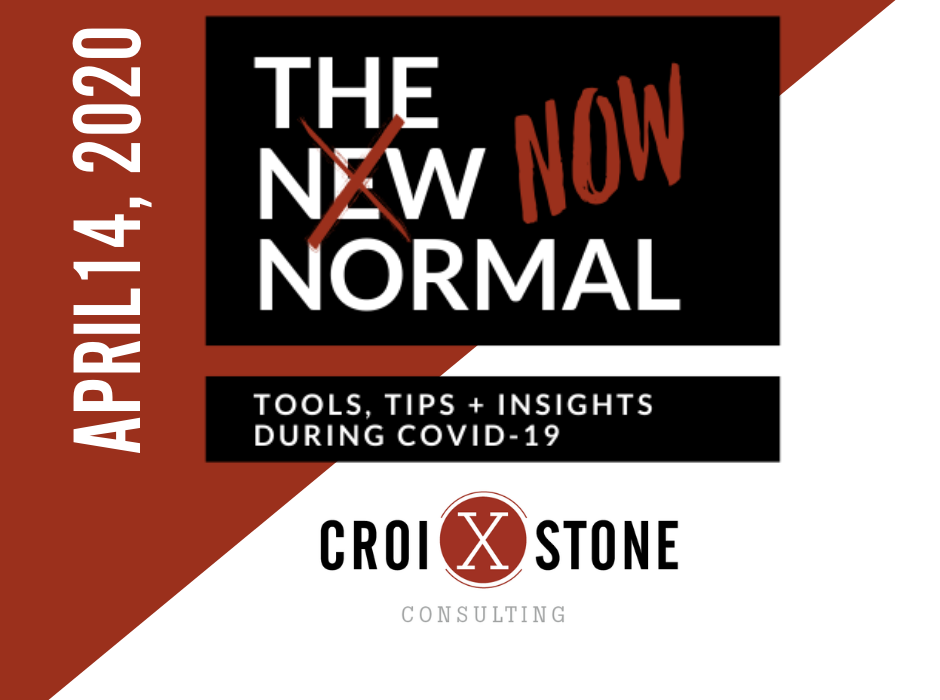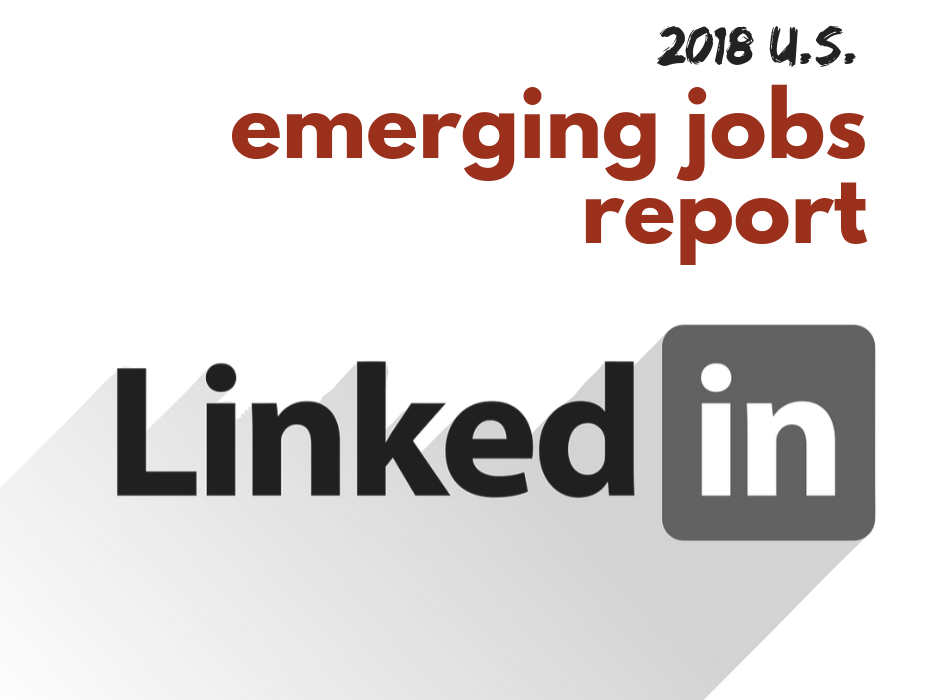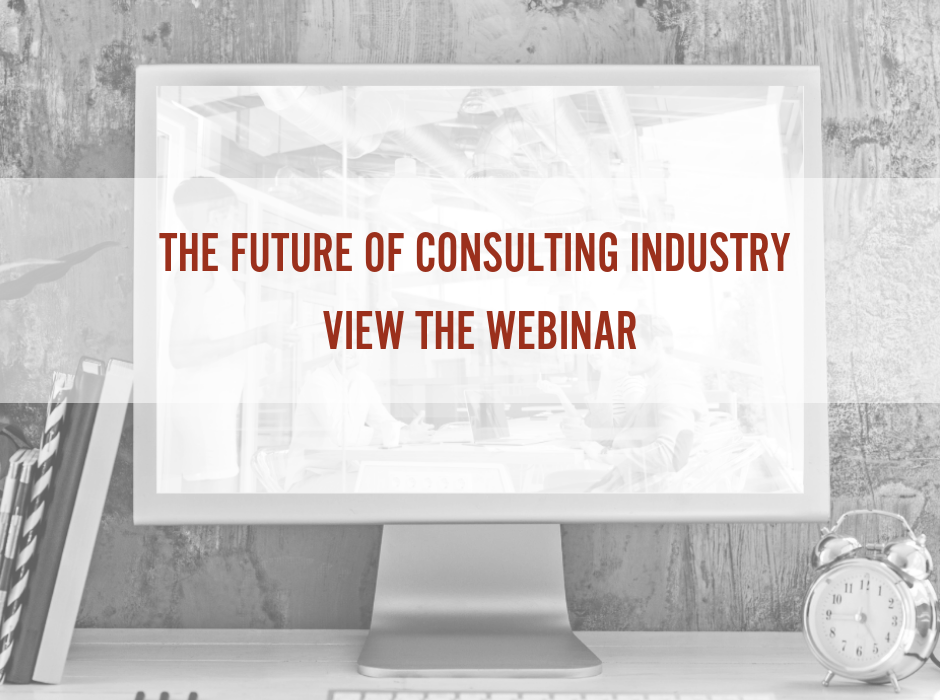Martha Stewart and Leonardo da Vinci? They have more in common than you know.
Leonardo da Vinci.
Andy Warhol.
Walt Disney.
Martha Stewart.
Dwayne “The Rock” Johnson.
Two weeks ago, our Managing Partner and co-founder Mark Weber returned for a command performance to LOOM Coworking, Gallery and Event Space in Fort Mill, SC to share insights on the common thread that ties these five, highly accomplished professionals together.
The common thread?
Each of these famous people built a “portfolio career”, a style of working where a professional combines multiple streams of income to earn a robust living. Think of a portfolio career like an investment portfolio whereby you derive income from multiple streams that you professionally manage with a high degree of care, strategy and intentionality.
Portfolio careers are booming. In a recent article published by Ben Legg, the former COO of Google Europe, it was noted by the Organisation for Economic Co-operation and Development (based in Paris) in its Future of Work study that an estimated 50% of developed country workforces would be gig workers by 2030. Similarly, Ladders published a story that featured a forecast from Statista, the market research firm, that freelancers will make up more than 50% of the USA’s workforce by 2027.
So why are portfolio careers growing?
For starters, more and more professionals are realizing that they have the right and power to veer from the traditional career script. Many of the most skilled and intelligent workers crave both variety and challenge in their careers, and they find it fulfilling to meet their needs outside the traditional career path.
For these professionals, there is often a greater sense of purpose, clarity, and flexibility that accompanies the building of a portfolio career.
Respected thought leaders including Harvard Business Review and Forbes are publishing a growing body of articles and videos that are providing legitimacy to those attracted to the concept of a portfolio career. Additionally, a growing number of employers, including Croixstone Consulting, are intentionally building and diversifying their workforces by designing and implementing talent strategies focused on portfolio professionals.
Visit Croixstone Consulting’s Linktree to find a variety of links to learn more about the benefits and rewards of building a portfolio career.










